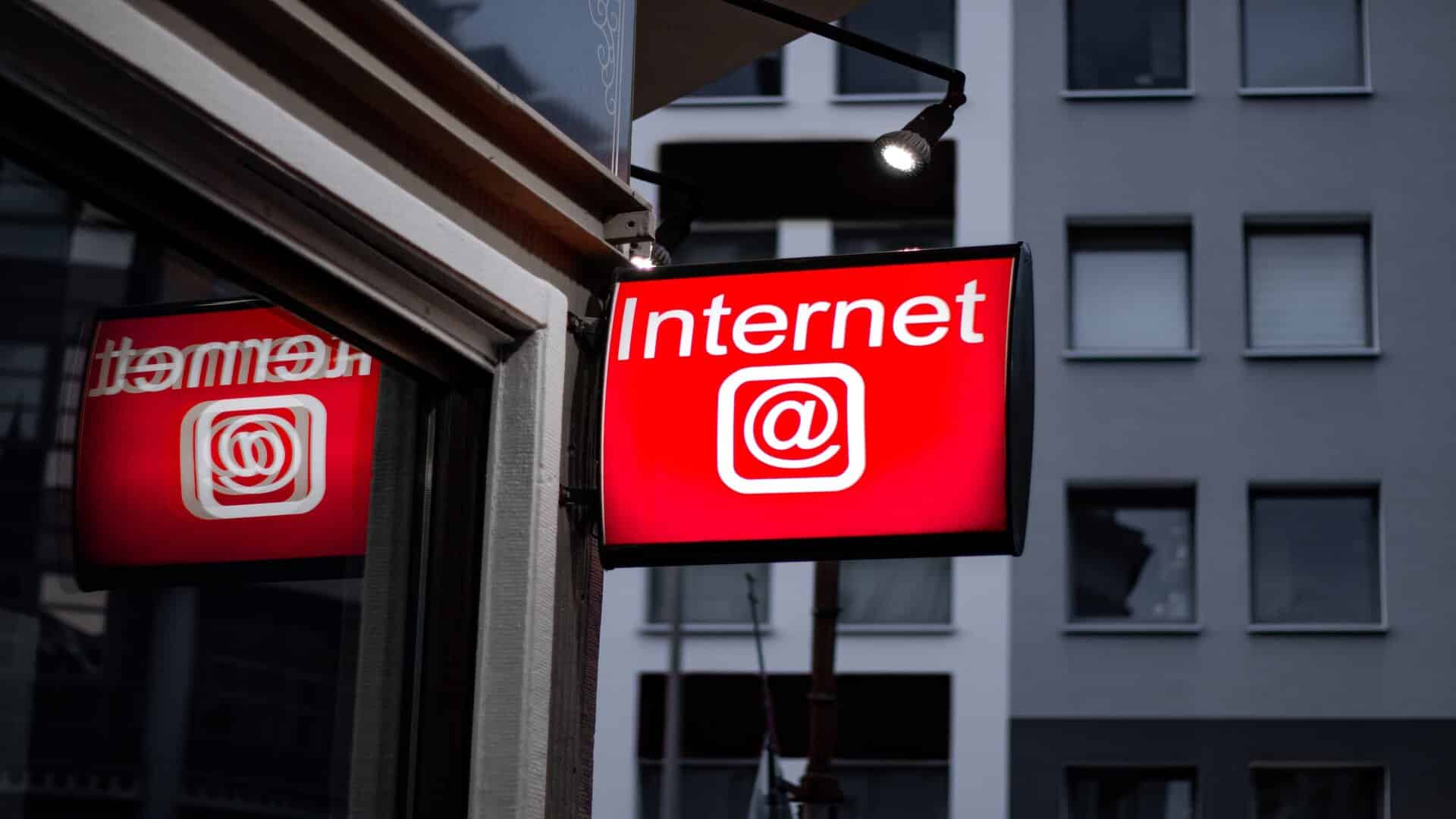Analysis
Internet bans in Kashmir: A kick in the stomach for bread earners, education and small businesses
In recent years, India has turned to internet bans, particularly in Kashmir, for political and national security reasons. State-ordered internet shutdowns is the “new normal” in this conflicted region and time and again, it has cost thousands of households their food, education and finances.
The United Nations considers cutting off users from internet access, regardless of justification provided, to be disproportionate and thus a violation of Article 19, Paragraph 3, of the International Convenant on Civil and Political Rights. It calls upon all States to ensure that internet access is maintained at all times, including during times of political unrest.
Moreover, the Internet Society says at a time when governments of the world have committed to leveraging the power of the Internet and Information & Communication Technologies (ICTs) to reach the UN goals on Sustainable Development in areas such as education, health and economic growth, cutting off entire populations from the internet is extremely counterproductive.
The Government of India abruptly cut off telecommunication services, including internet access, in Kashmir from September 2-7, 2021 for five days following the death of hardline separatist leader Syed Ali Shah Geelani. The ban impacted brought the Valley to a standstill. Children and students, who already cannot go to schools due to COVID-19, were cut off from their online education. Businesses, journalists and people – especially those who use the internet as an earning source were kicked in their stomachs.
However, this wasn’t the first shutdown. In 2016, following the encounter of Burhan Wani, the Indian government sought to internet and telecommunications ban to suppress the people’s dissent even though protests spiraled out of control and scores of youths were killed by the government’s armed forces on a daily basis. The government imposed the world’s longest internet and telecommunications shutdown in Kashmir in 2019 when it abrogated the region’s special status. The people were locked away from the rest of the world.
Technical, Economic and Human Rights Impacts
It’s about time the government noted that internet shutdowns have far-reaching technical, economic and human rights impacts. Like put by the Internet Society, it undermine users’ trust in the internet, setting in motion a whole range of consequences for the local economy, the reliability of critical online government services, and even for the reputation of the country itself.
Technical impact can be quite harsh as being part of an interconnected network means having responsibility towards the network as a whole. Intentional physical damage to infrastructure, such as cutting fiber optic cables, is probably the most extreme method of implementing an internet shutdown. While an internet shutdown in the hosting country is focused on disrupting access in that country, it ultimately blocks access to these services and applications from the rest of the global internet – cutting off critical inter-personal communication, financial transactions and enterprise workflows. Wide-scale internet shutdowns can also have a detrimental impact on the domain name system (DNS).
Moreover, it hits economies in multiple ways, upsetting productivity and generating monetary losses in time-sensitive transactions. According to a 2016 Deloitte Study, the impacts of a temporary internet shutdown grows larger as a country develops and as a more mature online ecosystem emerges. It is estimated that for a highly internet connected country (internet penetration >79%), per day impact of a temporary shutdown of the internet and all its services would be an average $23.6 million per 10 million population. With lower levels of internet access, the estimated GDP impacts amount of $6.6 million and to $0.6 million per 10 million population for medium (internet penetration 49-79%) and low (internet penetration <49%) internet connectivity economies, respectively.
Also Read: COVID-19 vaccination is the only medicine to enable economic growth: FM Nirmala Sitharaman
It impacts businesses in more ways than said. The shutdowns limit business-customer communication, prevented customers from accessing booking platforms, leading to reputational damage for hotels and the region’s tourism industry as a whole. Small and medium businesses (SMBs) also suffer, and it hits the tourist’s ability to discover local services and businesses through apps and online platforms. Businesses heavily dependent on digital transactions are particularly exposed to serious consequences. The Indian government has launched ambitious plans to demonetization and digital payments, but frequent internet shutdowns are directly at odds with the digital economy outlook.
Furthermore, people depend on the internet to stay connected with their friends, family and “network”. Experts believe internet shutdowns, in particular those that disable all means of communications, should be considered as potential human rights violations. The UN Special Rapporteur on freedom of expression has voiced concerns at the disproportionate impact of internet shutdowns on people’s right to expression.











































Pingback: BRO and NHIDCL are locked in a competition for infrastructure projects.